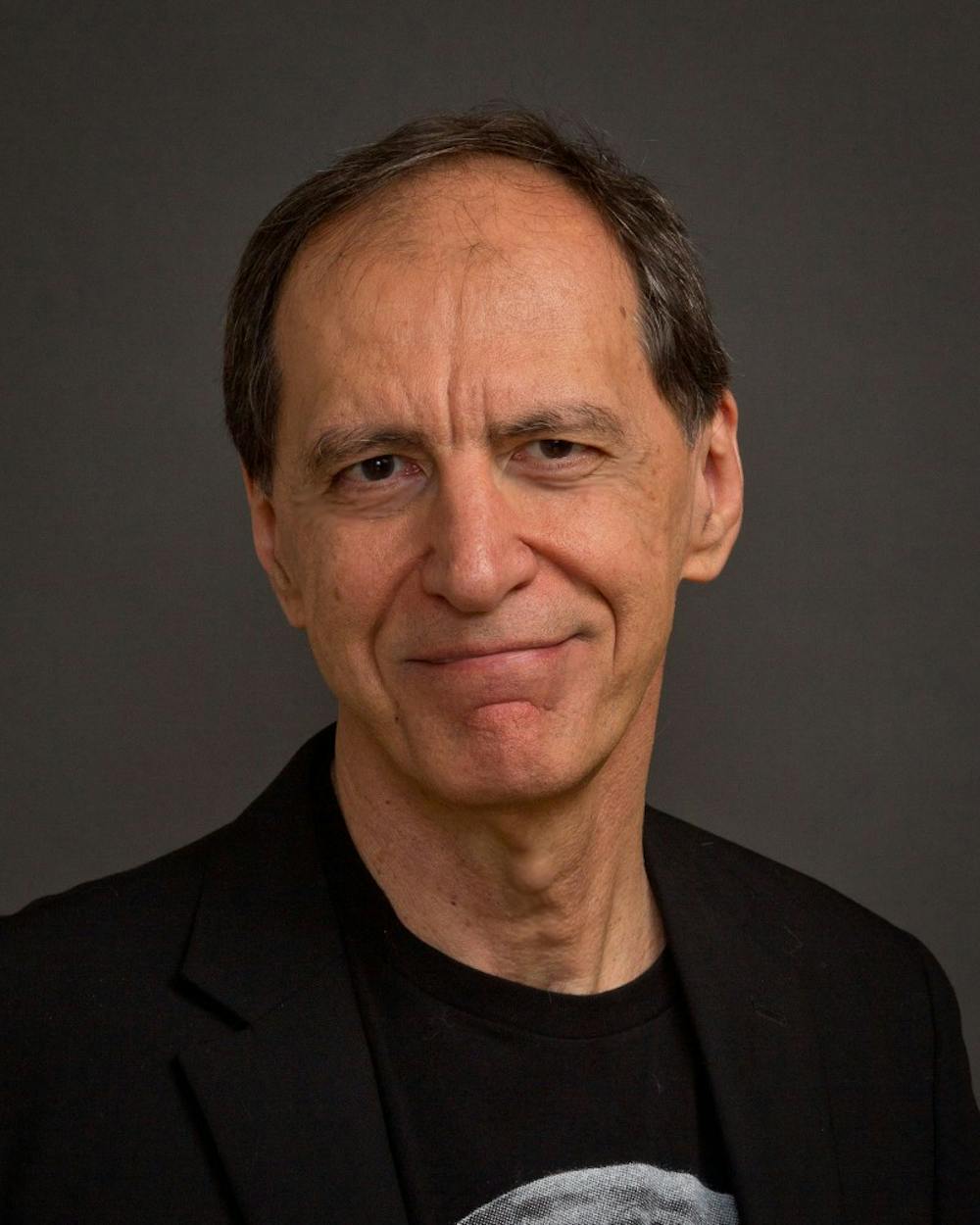Staff Writer Allie Todd talked with John Kessel, author and professor at North Carolina State University, about his new book and long career as an author. Kessel will be at Flyleaf Books Wednesday at 7 p.m. to talk about “Pride and Prometheus,” his novel that combines "Pride and Prejudice" with "Frankenstein."
The Daily Tar Heel: How did you begin your career as an author?
John Kessel: It was a really long time ago. I was writing stories when I was a kid, even in middle school. I sent my first story to a magazine when I was in seventh grade — it didn’t get accepted. But I was still very encouraged by the idea that someone would read it. I was still writing as an undergraduate at the University of Rochester, a long time ago. I went to graduate school and studied English literature and American literature. I sold my first story when I was 27 years old. It was a result of writing many, many stories.
DTH: Tell me about "Pride and Prometheus."
JK: Well, the simple way to put it is a mash up of "Pride and Prejudice" and "Frankenstein." These are two books that I have taught and loved. There is a weird coincidence with these classics in which Victor Frankenstein could possibly have encountered the characters from "Pride and Prejudice," and that’s what made me start thinking about it. My elevator pitch for the book was that a character from Jane Austen falls into "Frankenstein." The difference in the books really appeals to me because the Jane Austen stories are romances and novels of manners and realistic, while "Frankenstein" is a gothic novel with monsters and murderers.
DTH: Did you know when you had this idea that it was going to be such a hit?
JK: There are some ideas that you get that are so natural you are instantly attracted to it. I didn’t know if this story would work out, but I was very drawn to it. I originally wrote it as a short story, that came out in 2008, and it was very well-received. I never thought about making a book out of it until years later, when I realized that the story I had written was really the middle of a much longer story.
DTH: What are some challenges in writing science fiction?
JK: One of the things that I am always concerned about is making it as plausible as possible. In a lot of science fiction stories, you have things happen that are very improbable. The job of the writer is to make it seem as plausible as possible by giving circumstantial detail and making it happen logically.



